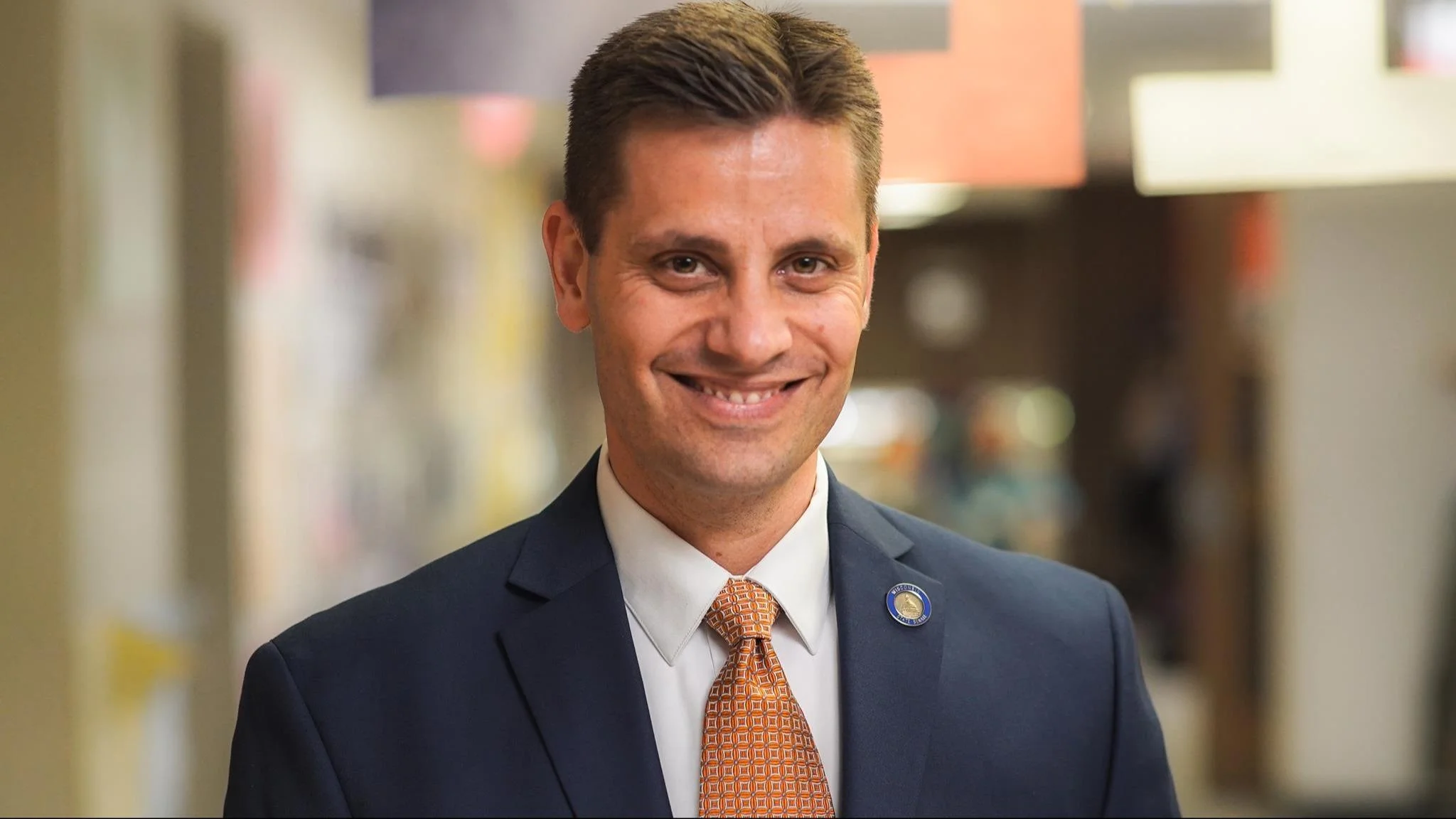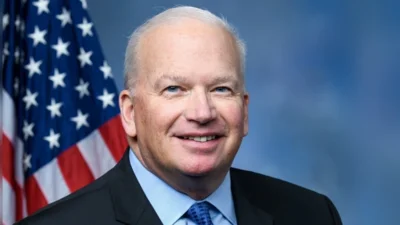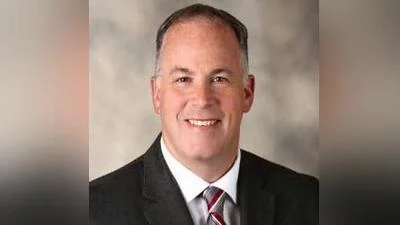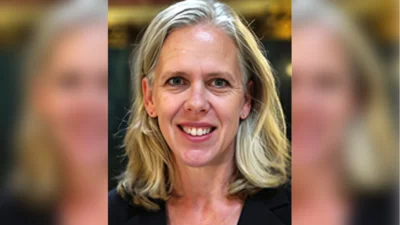Chris Kapenga, Wisconsin State Senator for 33rd District | Facebook
Chris Kapenga, Wisconsin State Senator for 33rd District | Facebook
According to the Wisconsin State Legislature's official website, the bill was described as follows: "school district operating referenda".
The following is our breakdown, based on the actual bill text, and may include interpretation to clarify its provisions.
In essence, this bill aims to reform the process of school district operating referenda by eliminating recurring operating referenda and restricting nonrecurring operating referenda to a maximum duration of four years. Under current law, school districts can exceed revenue limits for both recurring and nonrecurring purposes, contingent upon voter approval. However, this bill mandates that any operating referendum to raise excess revenue must only be for nonrecurring purposes and cannot be applied for more than four years. It specifies the procedure for school boards to adopt resolutions for such referenda, including scheduling and election requirements. The changes apply to resolutions adopted from the act's effective date.
The bill was co-authored by Representative Cindi Duchow (Republican-97th District) Senator Cory Tomczyk (Republican-29th District). It was co-sponsored by Representative Scott Allen (Republican-82nd District), Representative Elijah R. Behnke (Republican-6th District), and Representative Lindee Rae Brill (Republican-27th District), along 12 other co-sponsors.
Chris Kapenga has authored or co-authored another five bills since the beginning of the 2025 session, with none of them being enacted.
Kapenga graduated from Calvin College in 1994 with a BA.
Kapenga, a Republican, was elected to the Wisconsin State Senate in 2015 to represent the state's 33rd Senate district, replacing previous state senator Paul Farrow.
In Wisconsin, the legislative process starts when a senator, constituent, group, or agency proposes an idea for a bill. After drafting, the bill is introduced, numbered, and referred to a committee for review and public input. If approved, it moves through three readings and votes in both the Senate and Assembly. Once both chambers pass the same version, the bill goes to the governor, who can sign it, veto it, or let it become law without a signature. Only a small share of bills introduced each session ultimately become law. You can learn more about the Wisconsin legislative process here.
| Bill Number | Date Introduced | Short Description |
|---|---|---|
| SB81 | 02/26/2025 | School district operating referenda |
| SB4 | 01/24/2025 | Agreements for direct primary care |






 Alerts Sign-up
Alerts Sign-up